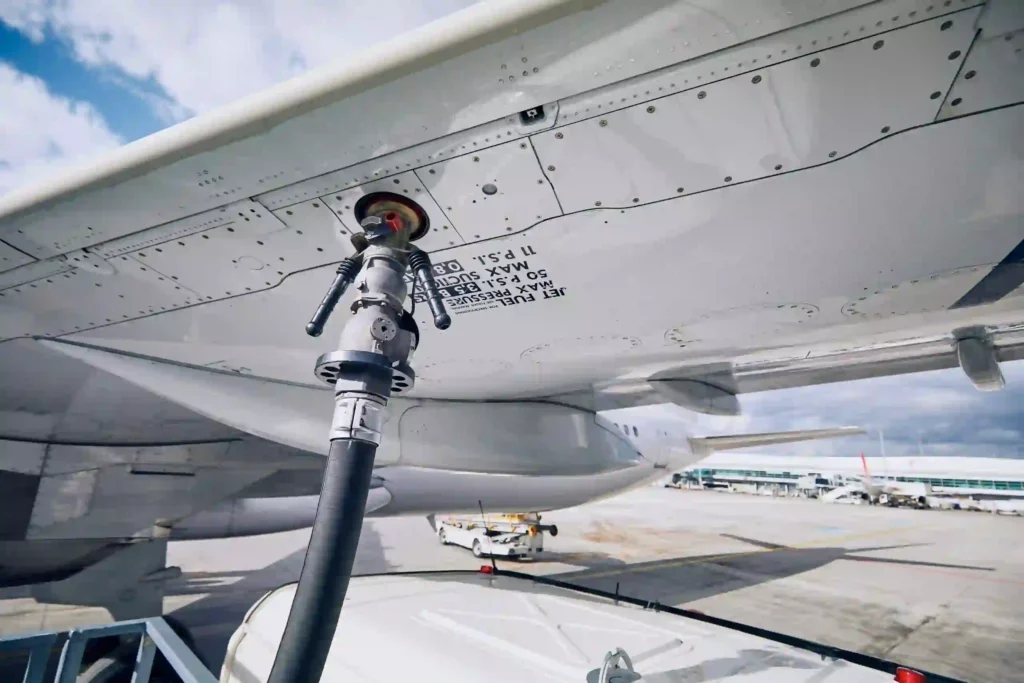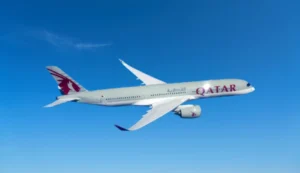EU’s Sustainable Aviation Fuels: Growth and Challenges Ahead
EASA’s latest report reveals promising growth in the EU Sustainable Aviation Fuels market but emphasizes the need for urgent action to meet synthetic SAF targets by 2030.

Photo Source: National Aviation Academy
The European Union Aviation Safety Agency (EASA) has unveiled the “State of the EU SAF Market in 2023” report, offering a detailed analysis of the evolving Sustainable Aviation Fuels (SAF) market within the European Union.
The report provides critical insights, including:
- Reference prices for eligible fuel types under the ReFuelEU Aviation Regulation.
- SAF production capacity across the EU.
- Emerging trends in SAF market development.
Sustainable Aviation Fuels are recognized as a key solution for reducing aviation’s environmental impact. As part of the ReFuelEU Aviation Regulation, targets for SAF blending with conventional jet fuel begin at a mandatory 2% in 2025, with gradual increases planned to stimulate SAF adoption. By 2030, the minimum SAF requirement will rise to 6%, while synthetic SAF will need to meet a sub-target of 0.7%.
“This report underscores the potential of SAF to revolutionize commercial airline operations in Europe, paving the way for a greener aviation sector,” noted EASA’s Strategy and Safety Management Director, Maria Rueda.
The report acts as a foundation for EASA’s annual technical reports, the first of which is expected in 2025. These reports will evaluate compliance with SAF mandates and assess the market’s overall development.
While the report indicates that current SAF production capacity should meet the 2030 targets, it also warns that urgent measures are required to ensure synthetic SAF targets are achieved.






